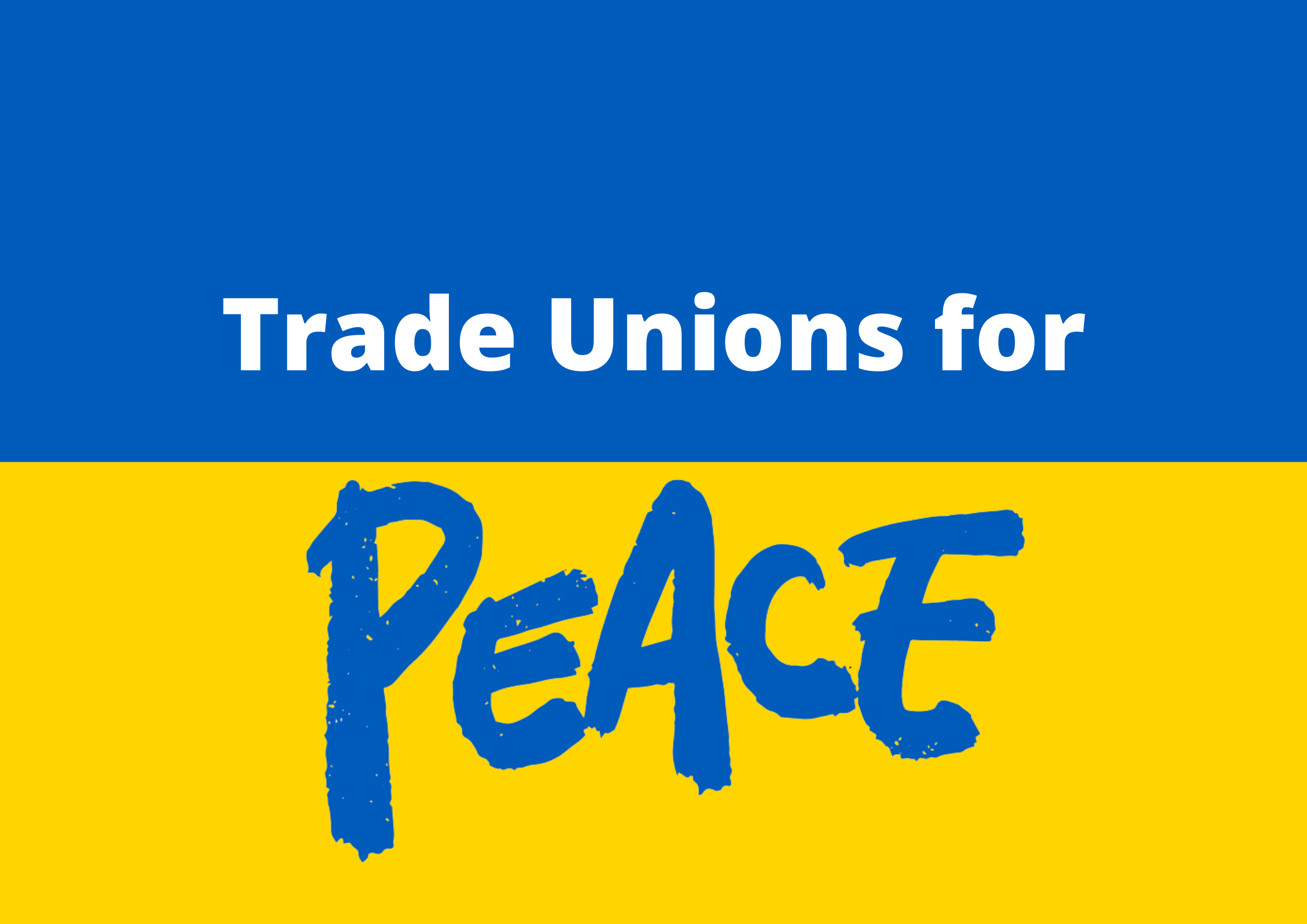Ukraine Monitor

economic and social impacts
Views/information on resilience or disruption of supply chains due to the Russian invasion in Ukraine and various sanctions
01/07/2022
Chemicals & Pharmaceuticals
General impact of the sanctions:
The most pressing question is that of availability and cost of energy, fuel/ oil security. Production has already been scaled down and the industries fear that stricter sanctions will lead to production stops.
In some cases, this has led to a growing demand for biomass, hence to an increase in demand for pellets or sawmill by-products.
Companies that started the process of replacing coal with gas in their production processes (to reduce CO2 emissions) had to delay the transition.
The availability of raw materials is another major issue: shortages have been noticed for aluminium, wheat alcohol, starch, etc., used for the products themselves or for their packaging. Factories also begin to face a shortage of spare parts.
Impacts do vary however, as the pharmaceutical industry is largely excluded from sanctions, while the cosmetics sector fears de-prioritisation.
Manufacturers are also concerned about logistics, specifically about the availability and cost of road transport, as a significant proportion of truck drivers are Ukrainian. Transport costs are already rising and delivery times are getting longer.
Import/export from/to Ukraine and Russia:
Most effects that go beyond availability and cost of energy are country-specific, e.g. Finland (see below).
Most of the beauty industries had outlets in Russia and sometimes find themselves left with considerable stocks (large Russian orders that remain in the warehouses), and investments that were planned in Russia have also been cancelled.
Many factories in the automotive supply chain are facing short-time working as manufacturers halt or decrease their production. One example is the manufacture of tractors, many of which were going to Russia.
Social impact:
Spain:
The collective bargaining negotiations are proving very difficult due to the high inflation. Employers do not want to raise wages to the same level as inflation. On the side of the trade unions, new formulas are being sought to guarantee the purchasing power of the workers during the entire term of the agreement.
Government mitigation efforts:
Spain:
The government plans to reduce the tolls for the use of electricity transmission and distribution networks for the energy-intensive industry by 80%. It also envisages specific aid to sectors whose gas consumption per final product is particularly high.
The extraordinary tax treatment that electricity has received since the summer of 2021 is extended until 30 June 2022, with a 10% reduction in VAT, the suspension of 7% of the generation tax and a 0.5% reduction in the special tax of electricity. A minimum bonus of 20 cents has been implemented on each litre of fuel.
Specific regional examples:
Hungary:
The consequences of the war in Ukraine for Hungary. Views from trade unions and employers.
- The Consequences of the War in Ukraine Integration of Ukrainian workforce EN
- Consequences of the war in Ukraine - Csaba Szabó - MAVESZ EN
Finland:
Russia is Finland's second largest import country, for the manufacture of chemicals and chemical products (10%), of which crude oil accounts for 2,880 million and natural gas for 800 million. A shortage of fertilisers and their raw materials is already noticeable.
64% of chemical companies have voluntarily restricted trade or business in Russia. For those exporting to Russia, some substitute markets are known (48% of chemical companies). Despite this, 42% of companies reported that investments would remain unchanged and 43% stated that they would increase.
Spain:
The energy cost in some companies has increased by more than 50%; in some cases this is now surpassing salary costs.
Germany:
The prices for oil and natural gas have exploded. 70% of companies report serious problems for their business due to the high energy prices. 85% state that they are either entirely or partly unable to pass on rising production and procurement costs to their customers.Russia and Ukraine together account for almost 3% of German chemical and pharmaceutical exports. Most recently, this amounted to 6.8 billion euros.
Belgium:
Several Russian-owned plants were affected by the freezing of Russian assets. Closures happened at short notice, hundreds of workers faced days or weeks of uncertainty before salaries could be secured or temporary unemployment provisions be arranged.
Specific company examples:
Hungary:
The Hungarian company Nitrogénművek Zrt., specialising in fertilizers, nitrogen and ammonia production and fractional distillation, stopped production. Around 500 jobs are at risk.
Lithuania:
In addition to the fertiliser producer, Melnichenko also owns the food producer Vikonda, which employs about 650 people. Due to the sanction against the Russian, the company's accounts were virtually shock-frozen and access was completely blocked from one day to the next. The accounts of all employees were checked for possible connections to the company owner Andrey Melnichenko and his relatives. Trade unions protested unsuccessfully to the responsible foreign and finance ministers.
As a result of the Russian sanctions, more than 400 workers at AB Lifosa have been sent on leave since 1 April. About 200 receive the minimum wage of 730 euros during the time off. The other employees monitor the plants, do administrative work or repair what has always needed repairing. There is no production at the moment. The withdrawal of the Russian oligarch Melnichenko would now clear the way for production to resume in June.
Reference: Peter Scherrer
